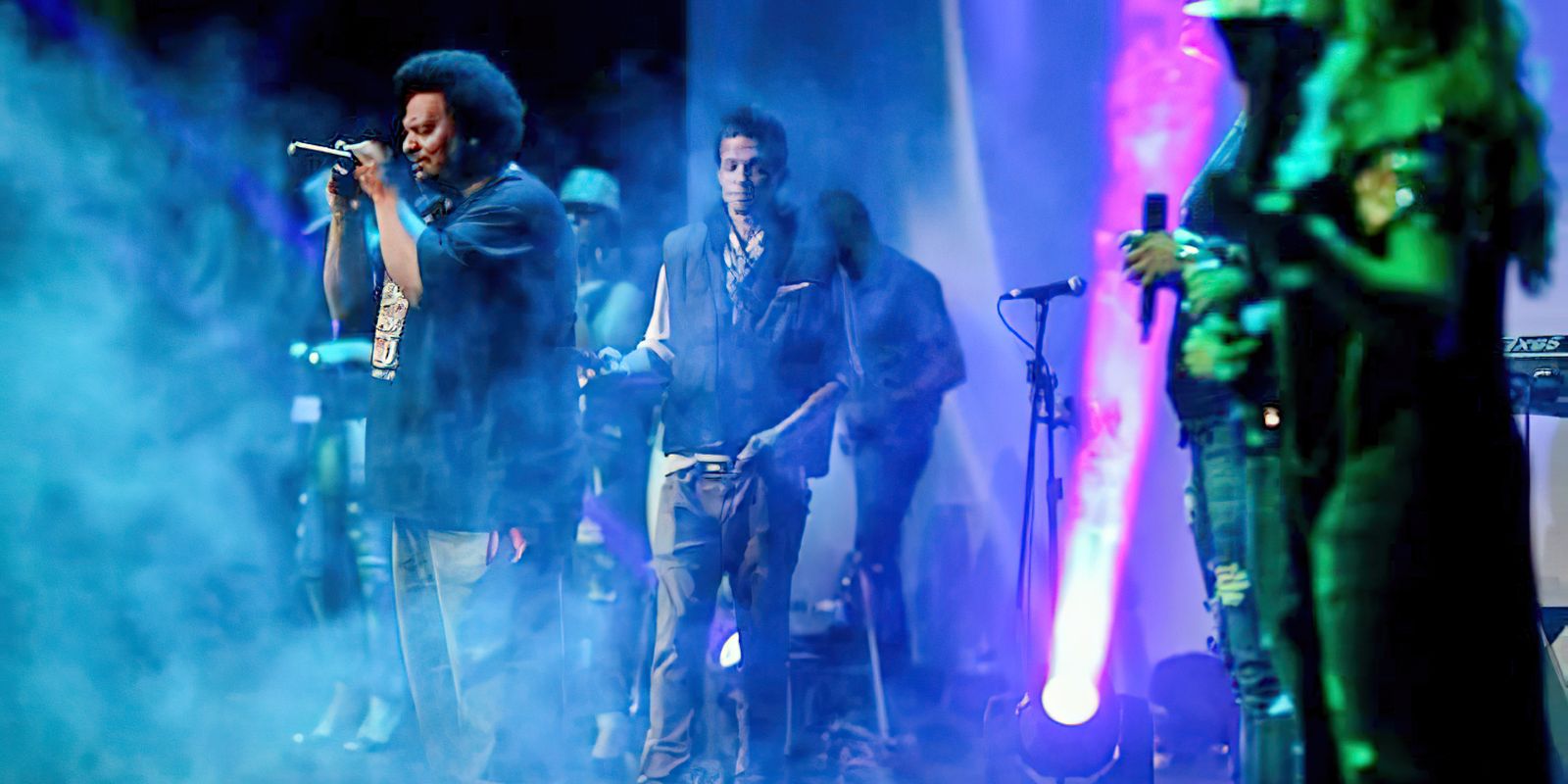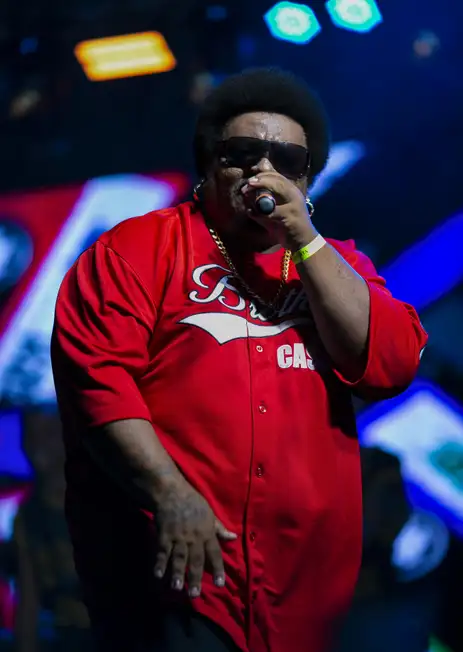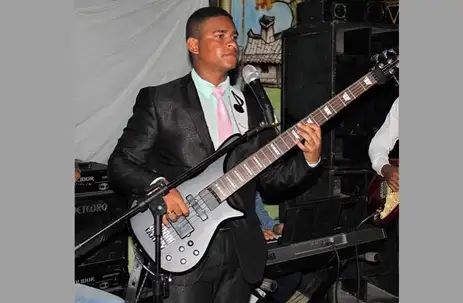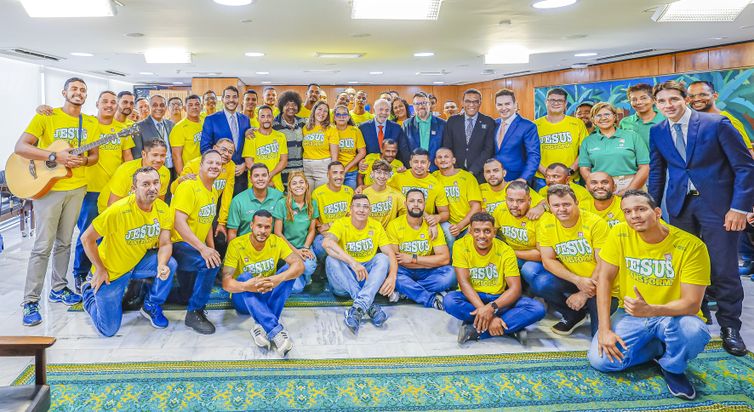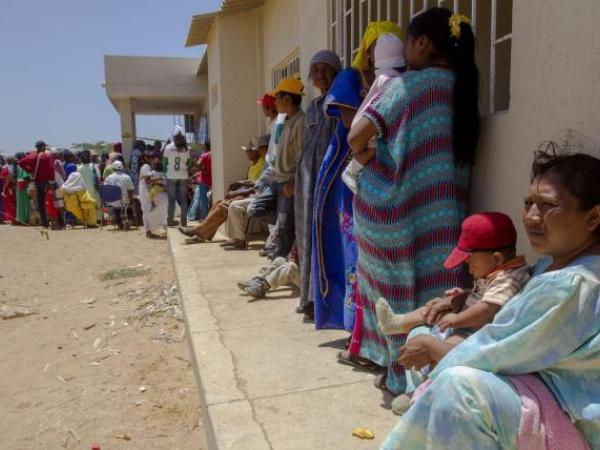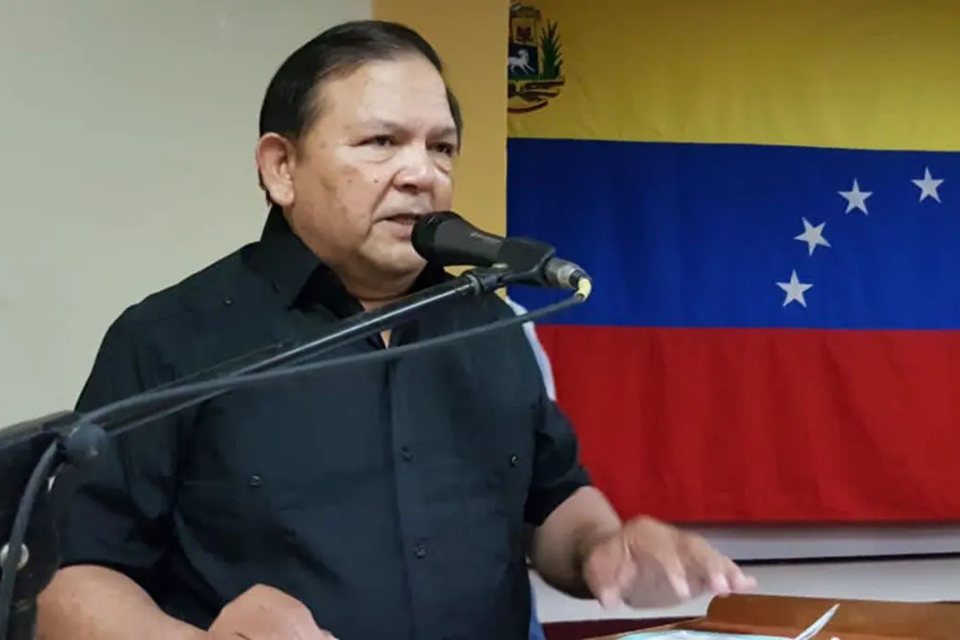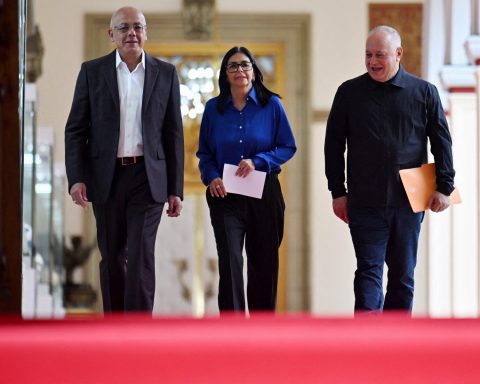In the Styrofoam box that Samuel Silva carried there was more than just chocolate truffles to sell at the church door. His mother prepared the candy at night.
On that almost two-kilometer path from home, in the Vasco da Gama neighborhood, to the Assembly of God, in the Linha do Tiro community, in the north of Recife, the 18-year-old boy walked, thought and ‘heard’ the sounds that could arise. Sounds of the double bass that he dreamed of buying, for R$800, if he sold all the truffles after the service, for R$2. “I couldn’t postpone my dream.”
After two years, he managed to acquire the instrument. The evangelical church was the place where he grew up, where he learned to play, listen to and sing Christian songs on Sunday, the most anticipated day of the week.
Ten years later, Samuel understands that “praise music” transformed him. So much so that he also learned the guitar.
Last week, he classified as “recognition” – an idea that is not unanimous among evangelicals – the law that established Gospel Music Day in Brazil, on June 9: “it’s good to have a day in honor. This song brings me peace.”
Samuel eagerly awaits each Sunday to play and sing as a relief after long hours as a store operator in a supermarket in Recife.
“In my free time, I gather people from the church so we can rehearse. Music has a huge meaning for us.”
Today, he teaches the musical genre to children and teenagers, just as he once learned. “When younger people see us with instruments, they ask how we play.”
Visibility
As sociology professor Paulo Gracino de Souza Junior, a researcher at the University of Brasília (UnB), explains, music occupies a central place in the belonging of evangelicals: “music called gospel is heard in different churches and doctrines. It is quite important not only for the evangelical segment.”
The teacher understands that Gospel Music Day, sanctioned by President Lula last Tuesday (15), it is a way of counterbalancing the visibility given by the State to cultural representations that were mostly linked to Catholic belief.
“The evangelical segment has its own media machine that can, for example, build public visibility. Gospel music, for example, has reached beyond the evangelical public.”
He exemplifies that artists and athletes present gospel songs that are not necessarily linked to personal beliefs and this type of music has already entered all spaces. “You go into a supermarket, for example, on the outskirts of Rio de Janeiro, and you hear gospel music playing on the radio.”
Dropout scenario
The researcher contextualizes that churches play an important role on the periphery, in spaces with less leisure, and are central to the discussion of community problems, personal problems and also learning a profession and a new cultural practice.
Another relationship that the researcher establishes is that music in church represents the place for learning instruments. “In the United States, for example, there is also the phenomenon of people who went through church, choirs and then ended up pursuing an artistic career.”
Brazilian musician Rivanilson Alves, known as Rivas, aged 55, is a composer of hip hop and converted to the evangelical church (Sal da Terra) in the early 2000s. He understands that having a gospel music day is important, but draws attention to the fact that there are different ramifications of the style and, therefore, it should be seen broadly.
“Today we already have several styles. All styles of black music, gospel has already reached, like pagode, samba. These are songs that bring the reality of the periphery. When we talk about gospel music, we think of something more spiritual.”
He lives in the Sol Nascente region, in the Federal District and plays in the Bethel Band. “It brings more funk and soul.” It was music and his reflections that led him to church. He guarantees that, within the church, he had support and did not feel biased eyes towards the hip hop gospel. “We keep this line more black music and dealing with the periphery”.
“Commercial appeal”
Isaias Campos, 59, from Rio de Janeiro, from Igreja do Senhor, in the neighborhood of Bento Ribeiro, in the north zone, learned to play the tambourine in church as a teenager and says that churches must overcome prejudice against peripheral musical styles.
“I discovered singing. My voice has a very rare tone, which is deep bass.” He considers that the gospel denomination has commercial appeal and record companies have discovered this promising vein.
The evangelical musician believes that the national date can be used by companies for commercial purposes. “I don’t differentiate between Christian and profane music, but whether they are good or bad. They are from Brazilian popular music.”
Likewise, also from Rio de Janeiro, evangelical professor Samuel Gomes de Souza, 59 years old, from the areas of geography and sociology, assesses that Gospel Music Day has characteristics of a political act of conciliation or rapprochement with evangelical leaders. . “I don’t like the term gospel because it has nothing to do with our reality.”
On the drums…
Whatever the denomination, nurse Angélica dos Santos, 45 years old – who is also a singer and composer in the church – says that she decided to use music to serve a church in the community of Céu Azul, in the city of Valparaíso de Goiás ( GO), in the Church of Christ.
It was music that also moved her to join the church as a teenager. Today she wants to teach and enchant other young people with music, as once happened to her, when she learned to sing and play the guitar.
“We didn’t even call it gospel before. Music is linked, for Christians in general, first and foremost, as a bond of worship to God. Then, when it brings you closer to God, it also brings you closer to other people. And that’s how we create bonds.”
Among the bonds, she witnessed stories that she learned to admire, such as that of the bricklayer’s assistant Denilson Pereira, aged 34, resident of Jardim Ingá, in the city of Luziânia (GO). After losing his parents and finding himself in a situation of greater social vulnerability, he became desperate and called to “wrong paths”. In church, he found the sound that made the difference, that of the drums. “I learned very quickly. I can say that it was music that gave me hope.”
